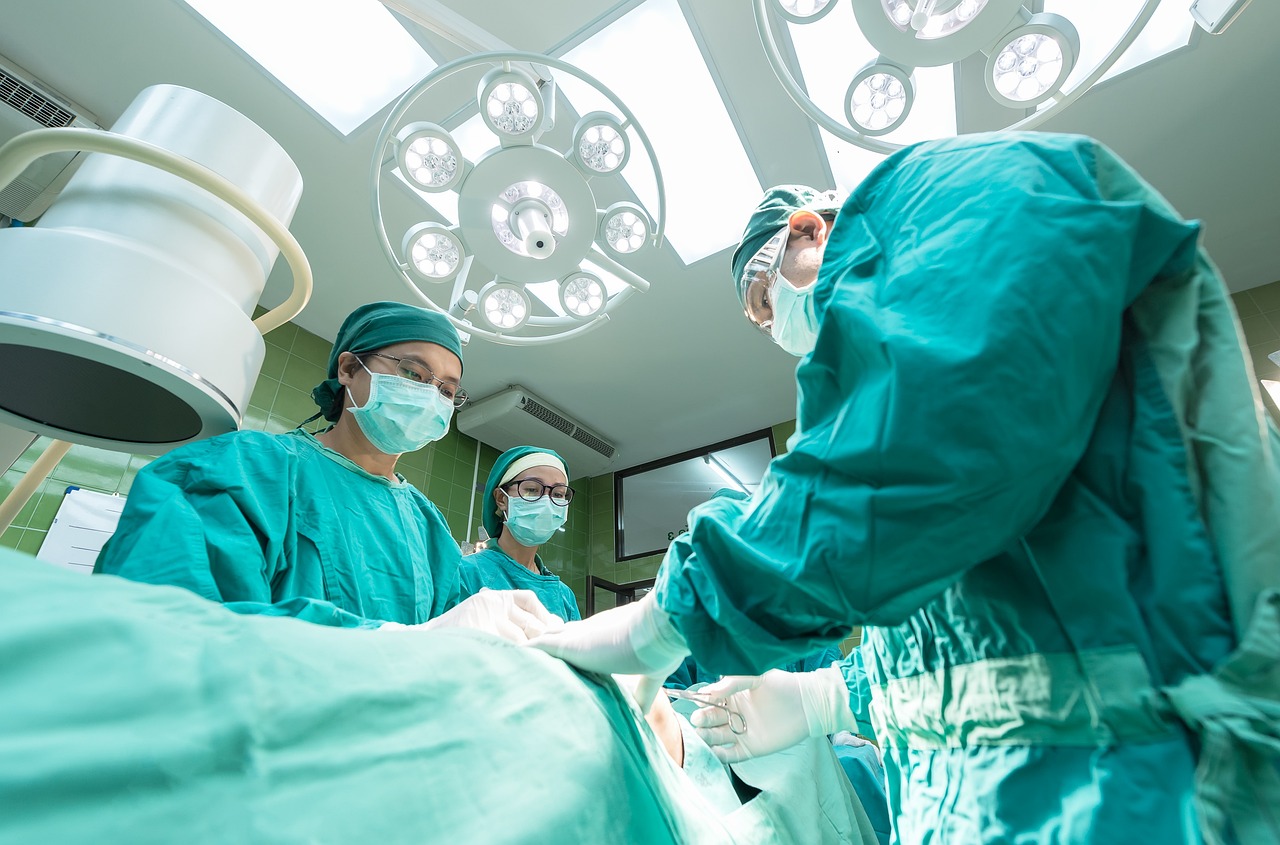
November 30, 2023, by mzyey2
Your guide to gaining valuable medical work experience
By Eve Yellop, A100 medicine student.
One of the most important parts of your Medical School application is work experience. This is your chance to show that you have the commitment and drive to work in a real healthcare field. However, there’s no guidebook for this and it can be overwhelming trying to find it. This can be particularly difficult if you don’t have any medical contacts. It’s very easy to feel disadvantaged in this situation, but there are constantly new opportunities, you just need to know where to look.
Misconceptions
Let’s clear up some work experience myths.
- Only work experience in hospitals is useful
There is such a credit to volunteering in a care home, for a charity or even just part time jobs. It’s advisable to also try get some clinical experience, but work like this allows empathy, interpersonal skills and compassion to really show and develop.
- I’ll be expected to know and do loads of medical things
Work experience is all about learning and the more questions you can ask the more you can learn, remember every clinician has been in your shoes at some point. Plus, you won’t be allowed to do any actual procedures so don’t worry about being expected to scrub into a brain surgery.
- If I don’t enjoy work experience, I can’t be a doctor
Every setting you work in will be different. Equally, the work you will do at these experiences is very different from a day in the life of an actual doctor. Think about why you might not have enjoyed it and ways to adapt this.
Local opportunities
Local work experience is convenient and saves travel, time and money. Firstly, you can ask to shadow your GP or a nurse at the practice.
If you are looking for a hospital-based role the NHS has an application website, CARE4Notts. It’s important to note these are quite competitive and will have limited spaces.
Finally, a lot of charities, care homes and hospices welcome volunteers with open arms and this can be the most rewarding and hands on approach to work experience. There is often a lot less paperwork than a clinical placement and building personal connections bodes well for better references.
Online opportunities
Coming from the lockdown era of applicants, I had to make the most of the online resources available. These include free courses such as the BSMS Virtual Work Experience and Observe GP. These are great as you can do them in your own time and take notes that could be helpful for interviews.
Special interests
If you have an interest in a certain specialty this can be an amazing opportunity to explore that. Once you get into Medical School, you will usually spend the first few years learning the whole curriculum with everyone else, so it’s useful to gain experience in your interest fields wherever you can. Plus, this in no way means you must pursue this in the future. It might even be helpful in showing you what you DON’T want to do!
Reflective journal
A key final tip is to keep a reflective journal of your work experience. Be careful to never include confidential patient information, just useful things you’ve learnt or developed over your time there. This will be useful for your personal statement or any questions during interview. You will very often be asked things like ‘explain a situation you felt ___’, so this is perfect for recall.
If you have any questions or need some support in finding work experience, please don’t hesitate to contact the Careers and Employability service via their website.
No comments yet, fill out a comment to be the first

Leave a Reply